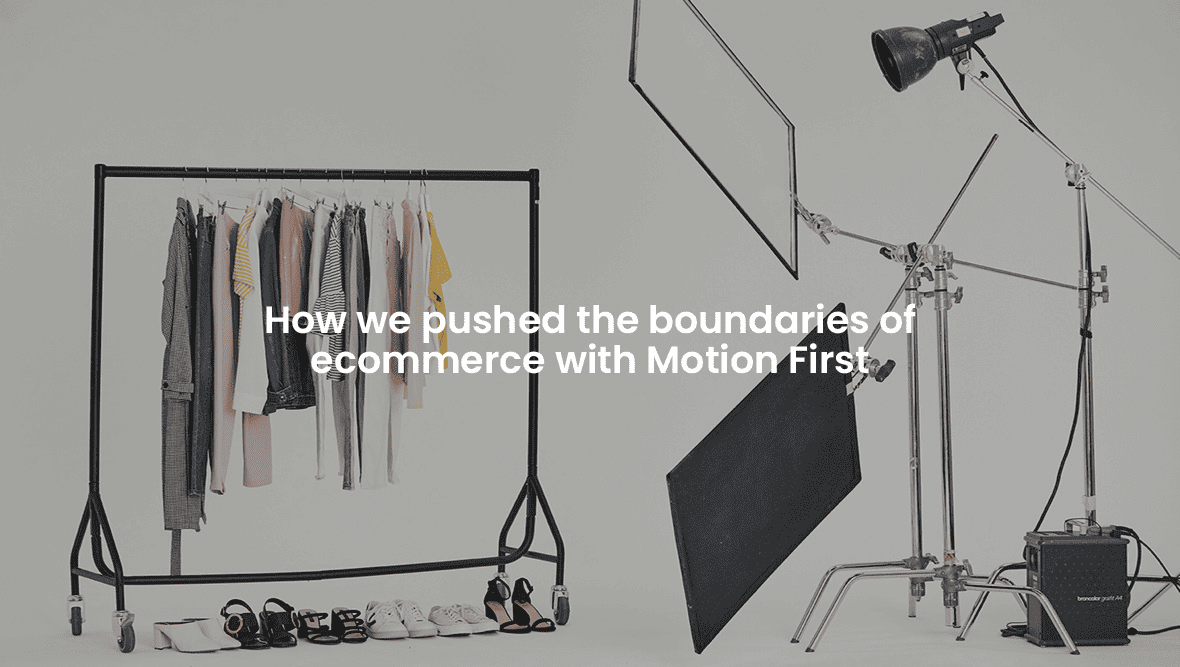
You have a great product, you know your audience, and you’ve even got a dynamic ecommerce website. Congratulations! So now what?
How do you take all the hard work you’ve put into creating your brand and translate it into sales? The answer? Digital marketing.
If you’re just getting started with selling online, or if you need to revamp your current ecommerce strategy, this blog will help get you on track. From keyword research to social media marketing, we’ll go through everything that you need to know about ecommerce digital marketing so that you can get started selling online today.
What is Ecommerce Digital Marketing?
Digital marketing is the process of creating and distributing marketing messages (and advertising) through the use of technology, in particular via social media, search engines, paid media, websites, and email, with the goal of generating sales leads and sales for companies and individuals.
When we talk about ecommerce digital marketing, we’re referring to the marketing activities and strategies that are used to promote online stores and products. This can include everything from paid or organic search engine marketing (we’ll discuss both below) to email marketing and social media promotion.
There are a wide variety of online marketing channels available on the internet. By integrating multiple channels together, you can more greatly improve your chances of finding and engaging customers and increasing your conversion rate.
Ecommerce Marketing Strategy
Marketing is a crucial part of any business, and it’s especially important for ecommerce brands.
With so many new potential customers out there, you need a way to reach and engage them in order to convert them into sales. Fortunately, marketing strategies for ecommerce brands are very similar to those for brick and mortar stores. You’ll want to focus your energy on a few key channels and integrate them into a cohesive strategy. For starters, you’ll want to make sure that your website is up to snuff.
You don’t necessarily have to build an entirely new site, but you should take the time to update your current site with fresh content, better navigation, and appealing visuals. You should also consider investing in your online presence by hiring a professional ecommerce website design company.
Beyond your website, you’ll want to focus on building a strong brand and developing an effective content strategy. You can do this by creating attractive website content, like product or service descriptions, helpful blog posts, or thoughtful guides.
Search Engine Optimisation
On-page, Off-page and Technical SEO are all things you'll need to familiarise yourself with. This is what will help increase your search engine visibility. Keywords are critical to your ecommerce SEO strategy. After all, customers don’t come to your site randomly — they’re looking for something specific.
That’s why search engines like Google are so important. People use these sites to find what they’re looking for — whether that’s news, videos, products, or more. You’ll want to make sure that you’re optimising your ecommerce site for search engines to make it as easy as possible for customers to find you.
This means choosing the right keywords and using them throughout your site. Remember that your ecommerce keyword strategy shouldn’t end with your content. You’ll also want to optimise your product titles, URLs, and even image filenames.
Paid Advertising
One of the most common ecommerce digital marketing channels is paid advertising. This refers to any ads that you pay to have appear on third-party websites. While there are various types of paid advertising, such as social media advertising, paid search engine marketing, and paid influencer marketing campaigns, we’ll be focusing on paid search engine marketing in this section. Paid search engine marketing comes in two forms: paid search and paid placement.
Paid search means that you’ll bid on keywords to show up at the top of search engine results (and in sponsored ads). If a user searches for “men’s watches,” for example, and you’ve bid on that keyword, your ad might show up at the top of the page.
Paid placement means that you pay to have your ads appear in the sidebars or footers of search engine results pages. You can only bid on particular terms and slot your ads into a particular section of the page, but you can show up for more keywords and get more overall visibility.
Social Media
Social media is a powerful ecommerce marketing channel that isn’t going anywhere. In fact, social media marketing is only growing in popularity as time goes on. For ecommerce brands, social media marketing means using platforms like Facebook, Instagram, Pinterest, or Twitter to grow your brand’s presence and engage with new customers.
This can include creating eye-catching visuals, posting helpful content, or hosting engaging contests or challenges. It’s also important to remember that social media isn’t a one-and-done kind of deal. You’ll want to make sure that you’re consistently engaging with your followers, responding to comments, and staying plugged into the conversation.
Influencer Marketing
In many ways, influencer marketing is similar to social media marketing. The main difference is that you’re partnering with specific, high-profile individuals, like celebrities or bloggers, to increase your brand awareness. In exchange for promoting your products, these influencers often receive a monetary reward or bonus.
You can use a variety of tools, like Hooked or Brand Collabs, to find potential influencers based on a wide range of criteria, including social media following, demographics, or specialties. Once you’ve settled on a few candidates, you’ll want to send them a pitch. This pitch should include a brief overview of your products, why you think they’d be a good fit, and what they can expect in return. If they like what they see, they might be willing to partner up with you.
Video Marketing
Creating videos can be a great way to engage your audience. Not only do videos provide an opportunity to show off your brand’s personality and be creative, but they can also help you rank higher in search engine results. For ecommerce brands, this means creating video content that educates or entertains your audience. You might want to create product reviews, explain how your products work, or even create a few tutorials.
You can host videos on your website or on a video-sharing platform, such as YouTube or Vimeo. You can also make use of paid ads on video platforms like TikTok to ensure that your videos get in front of as many people as possible.
Website Design
We can’t talk about ecommerce digital marketing without discussing web design. After all, your website is the first thing that potential customers see when they Google your brand. It’s also the first thing that potential employees see when they Google you, so you want to make sure that it’s professional and appealing. You’ll want to make sure that you’ve taken the time to hire a professional website designer.
Ideally, you’d want to work with someone who understands ecommerce design and can help you build a site that’s user-friendly and attractive. Beyond designing a great homepage, your designer should also create attractive product pages, clear and helpful FAQ pages, and should have the ability to create great content.
The Bottom Line
When it comes to online marketing, the name of the game is keeping your customers engaged. By creating engaging content, using the right keywords and images, and partnering with influencers, you can drive more traffic to your site and encourage customers to buy. When done right, ecommerce digital marketing can be a very effective way to bring in new customers and increase sales. With the right mix of promotional strategies and professional branding, you can expect to see results and reap the rewards of your hard work in no time.
Full-service digital marketing
Whether you're looking for an ecommerce digital marketing agency or a full service agency, we can help! We're an award-winning 360 agency that can provide a range of multichannel marketing services.
Chat to us today to find out how we can help you grow your performance.


